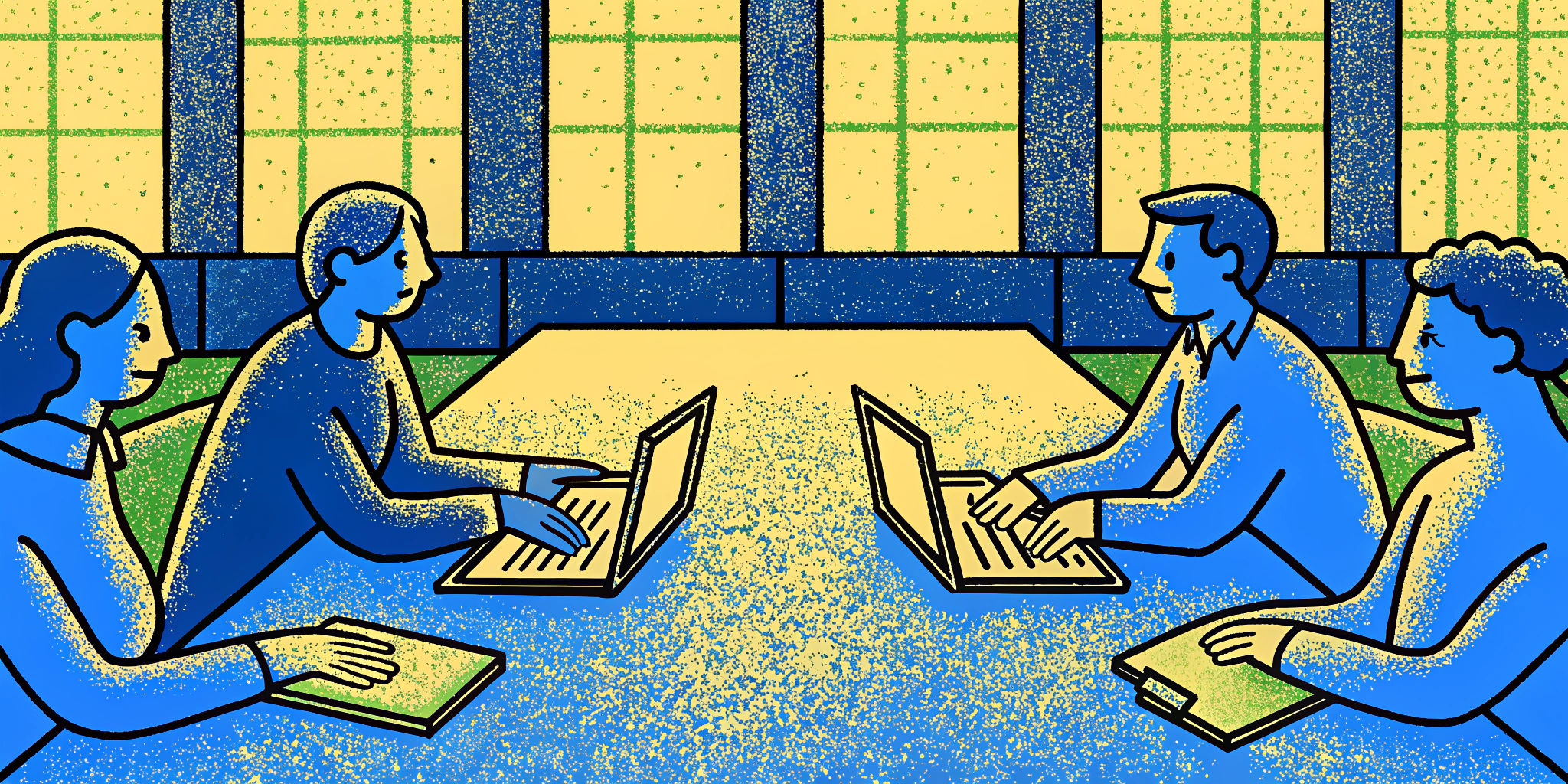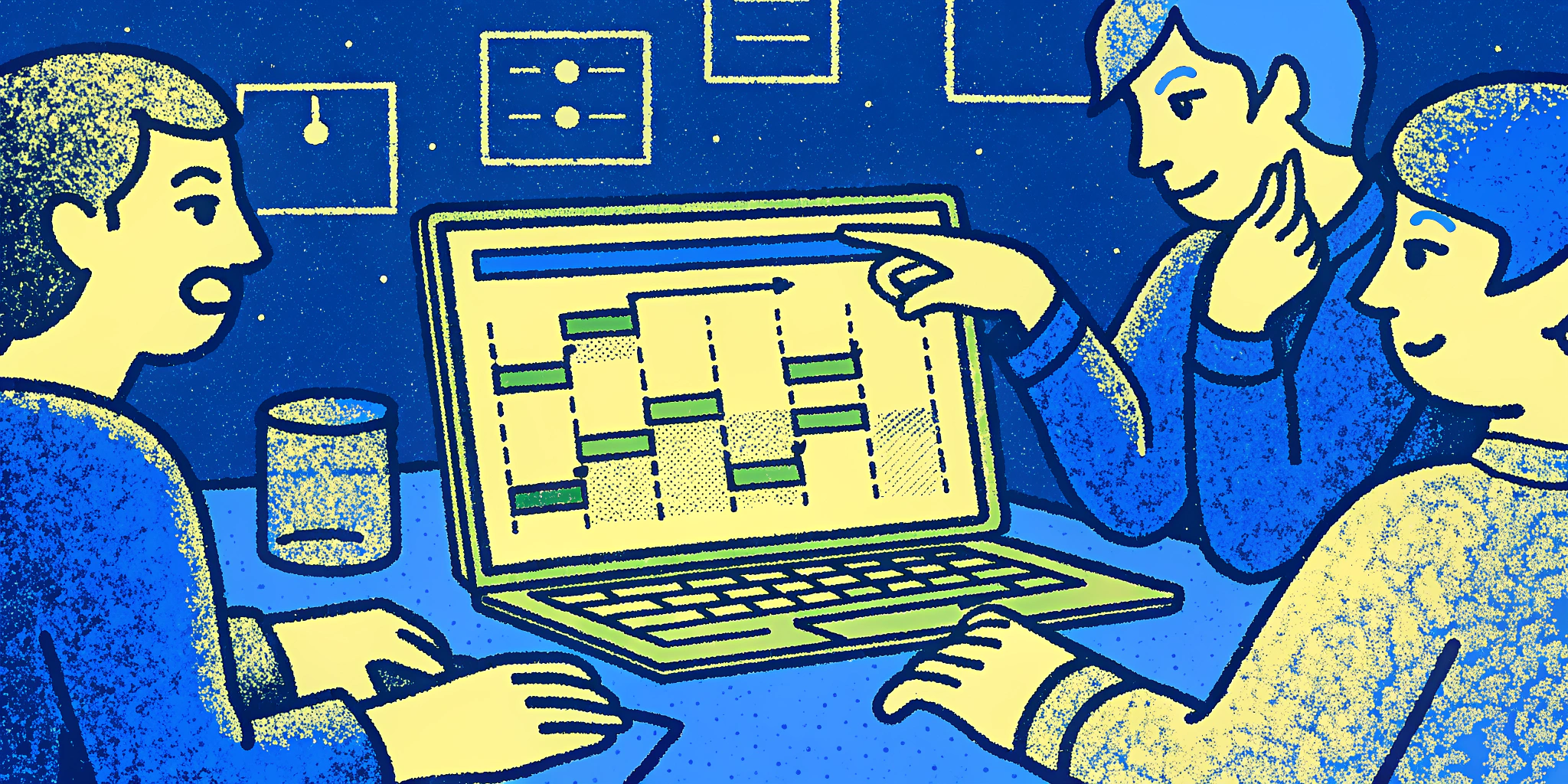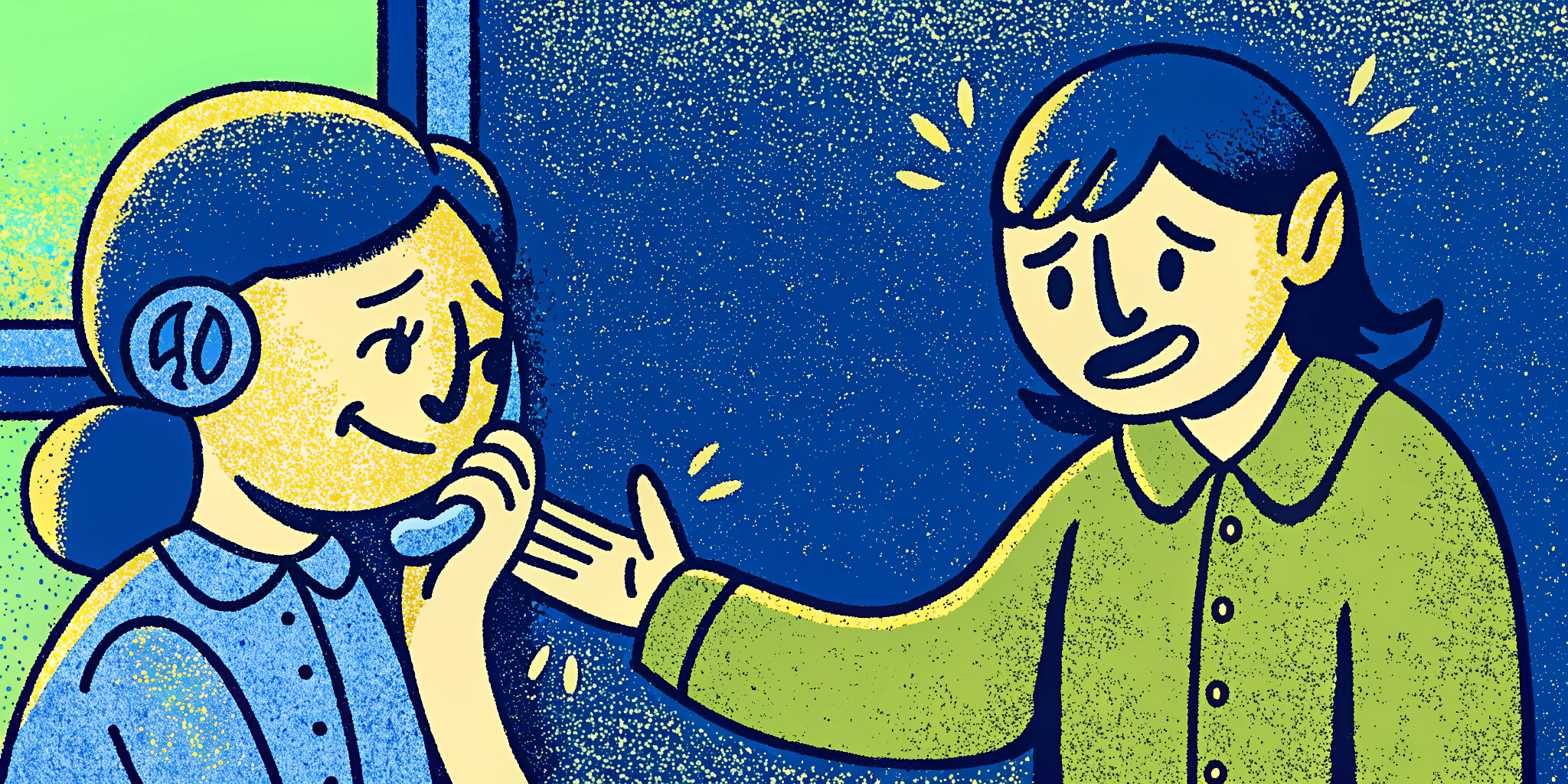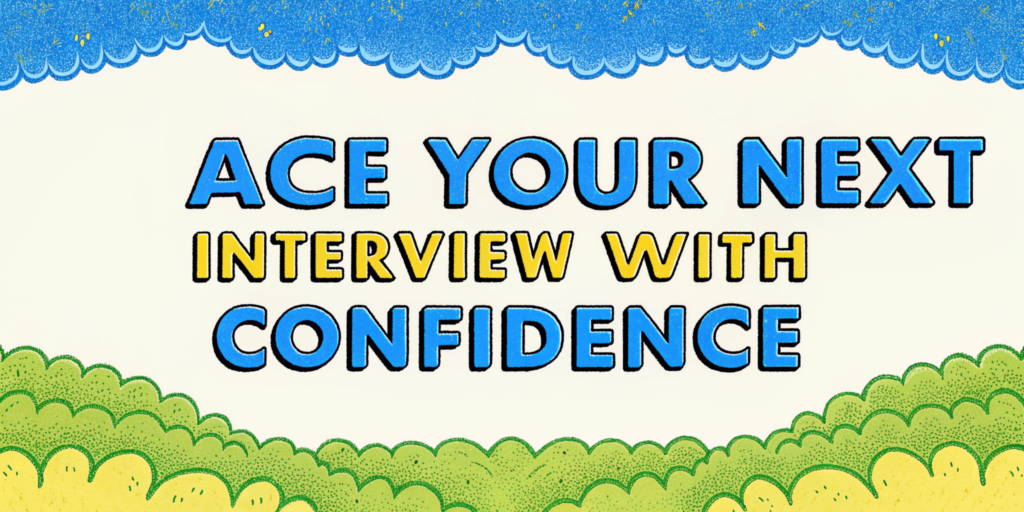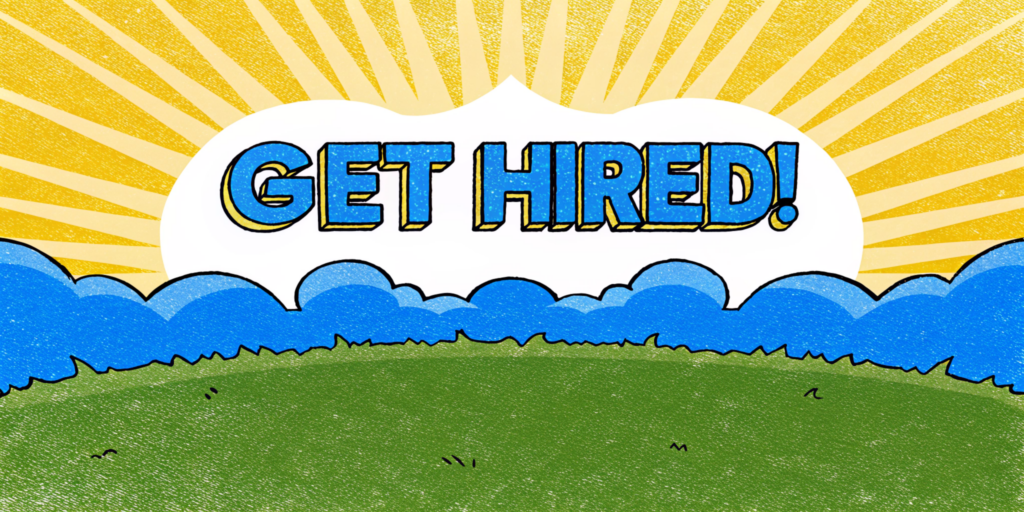When it comes to job interviews, one of the most daunting moments is facing conflict-resolution questions. Whether it’s explaining a recent disagreement you resolved, how you handle conflicts with colleagues, or even disagreements with a boss, these questions test your ability to remain professional, collaborative, and solution-focused under difficult circumstances. But don’t worry—I’ve got you covered! In this blog, I’ll break down how to answer these questions with ease, using real-world examples and actionable strategies. Let’s dive in! 🙌
Why Employers Ask Conflict-Resolution Questions
Picture this: You’re in a fast-paced work environment, balancing tight deadlines and team dynamics. One misunderstanding or disagreement could derail the workflow. Employers know this, and that’s why they want to ensure YOU can handle conflicts effectively.
Conflict-resolution questions are meant to assess:
- Your interpersonal skills and emotional intelligence
- Whether you can navigate disagreements calmly and professionally
- Your problem-solving capabilities and focus on solutions
- Your commitment to fostering a healthy work environment
Hiring Tip: Always demonstrate that your approach prioritizes the team, the company’s objectives, and professional harmony.
Mastering the STAR Technique to Structure Your Answer 🌟
The STAR method (Situation, Task, Action, Result) is the gold standard for answering behavioral interview questions about conflict resolution. Here’s a step-by-step breakdown:
| STAR Framework Component | What It Involves |
|---|---|
| Situation (S) | Set the scene by describing the context or problem. Highlight who was involved, where it happened, and what caused the disagreement. |
| Task (T) | Explain your role in resolving the issue. Clarify your responsibilities and objectives. |
| Action (A) | Detail the steps you took to tackle the conflict. Emphasize soft skills like collaboration, communication, or empathy. |
| Result (R) | Share the outcome of your actions. Highlight what you achieved and what you learned. If possible, quantify the success (e.g., completing a project on time). |
Want to make STAR even easier? I tried Ninjafy AI for mock interviews, and it structures STAR answers based on my professional experience. That’s right—customized guidance in real-time! ⚡
Common Conflict-Resolution Interview Questions and Examples
How Do You Deal with Conflict?
This open-ended question gauges your general approach to conflict resolution. Think of it as a personality litmus test.
Example Answer:
“I always try to resolve conflicts quickly and amicably. Passionate discussions can benefit a team, but conflict, if left unchecked, can hinder progress. For instance, in my previous role, two team members had a heated disagreement over their assigned tasks. I mediated by actively listening to both perspectives, clarified their goals, and realigned their responsibilities based on strengths. This not only diffused tension but also improved team synergy and helped us meet our deadline.”
💡 Key Insight: Always focus on solutions, not blame.
Tell Me About a Time You Had a Disagreement with a Co-worker
This behavioral question trips up many candidates. Avoid saying, “I told my manager.” Instead, show leadership and teamwork.
Example Answer:
“In a previous role, my co-worker and I disagreed on the best way to complete a project. I preferred a collaborative approach, whereas they felt working independently was better. The discussions grew tense, so I suggested reviewing progress at every milestone to balance our styles. Midway through, it became clear that my co-worker’s method had some gaps. We adjusted the plan to include aspects of my approach, and the project was delivered successfully ahead of schedule. This taught me the power of adaptability and teamwork.”
Tell Me About a Time You Disagreed with Your Boss
This is a tricky one. How do you show respect for authority while disagreeing professionally?
Example Answer:
“In my first few weeks in a new role, I noticed that my boss preferred micromanaging tasks. I respected his experience but found it affecting my productivity. After observing his management style, I requested a 1:1 meeting. I explained how I work better with autonomy and shared examples of past successes when trusted to lead tasks independently. While he was initially taken aback, he appreciated the respectful conversation. From then on, I was given more freedom to manage tasks, which led to increased efficiency on key projects.”
💡 Pro Tip: Never claim you’ve never disagreed with a boss. Instead, frame it as respectful communication.
How Do You Deal with Angry Customers Who Complain?
Here, hiring managers are assessing your customer service mindset. Always emphasize empathy and active listening.
Example Answer:
“Anytime a customer is upset, my goal is to turn their experience into a positive one. For an upset client who received a delayed order, I first listened patiently to their concerns, apologized genuinely, and offered expedited delivery free of charge. I also followed up to ensure their satisfaction and shared feedback with the logistics team to prevent future delays. This strategy not only secured the customer’s loyalty but also resulted in a 5-star online review.”
Top Soft Skills to Highlight When Talking About Disagreements
When answering conflict-resolution questions, don’t forget to showcase these critical soft skills:
- Communication – Clear, concise, and respectful exchanges
- Empathy – Understanding others’ perspectives
- Problem-Solving – Proposing innovative and constructive solutions
- Adaptability – Being flexible with new approaches
- Emotional Intelligence – Managing one’s own emotions amidst conflict
Ninjafy AI: How It Can Help You Ace Conflict-Resolution Questions 🎯
Let me share a quick testimonial! When preparing for interview questions like “Tell me about a recent disagreement and how you resolved it”, I wanted personalized guidance tailored to my experience. That’s where Ninjafy AI came in.
Imagine having a real-time AI copilot in your interviews that:
- Structures STAR answers seamlessly based on YOUR resume
- Helps you maintain confident eye contact with its InvisibleEyetrack™
- Prepares industry-specific answers in less than 0.2 seconds 💡
Over 441K+ dream offers have been secured by users like me, all thanks to this AI gem. They even offer a free trial! ✨
Conclusion: Your Cheat Sheet for Conflict-Resolution Success ✅
Conflict-resolution interview questions can seem daunting, but with the STAR technique, a calm demeanor, and relatable examples, you’ll position yourself as the ideal candidate. Use this blog to prepare answers that highlight:
- Professionalism
- Collaboration
- Focus on outcomes
And if you’re looking to level up your preparation, Ninjafy AI is the ultimate tool to refine your skills. Hey, acing an interview is just one click away! 😉
